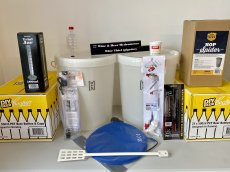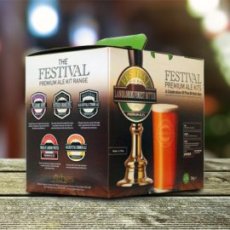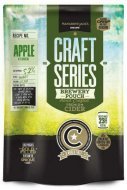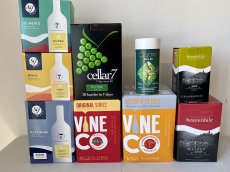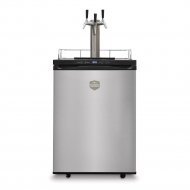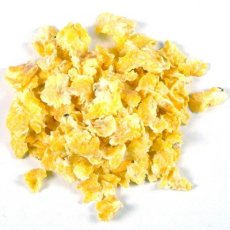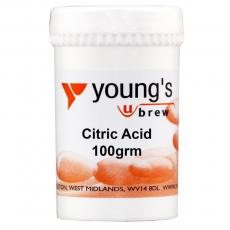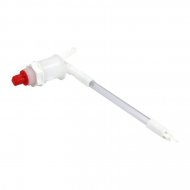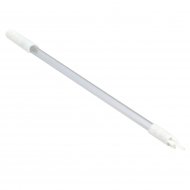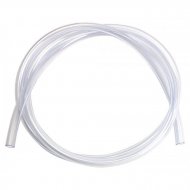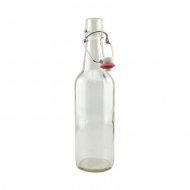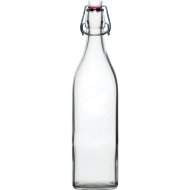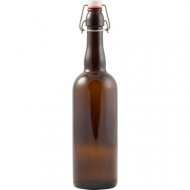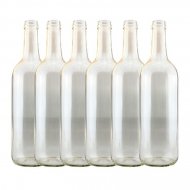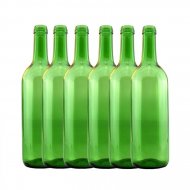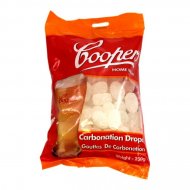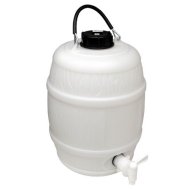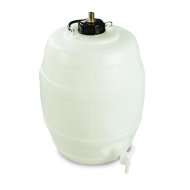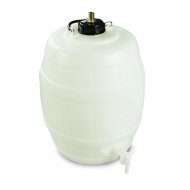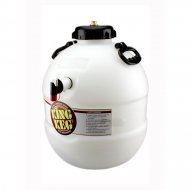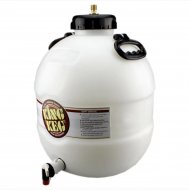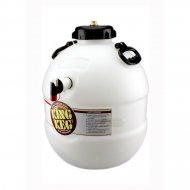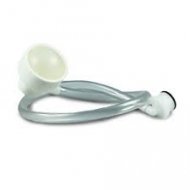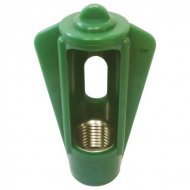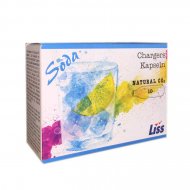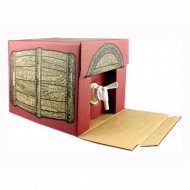Brew to Bottle or Brew to Barrel
Should I use barrels or bottles when home brewing?
This question is more complicated than most people imagine. The answer largely depends on what you wish to do, as there are pros and cons to all options. We aim to point out the major principles and issues in the three main storage methods for wines beers and spirits.
Home Brew Bottling
Beer & Wine Bottles
Brew to Bottle
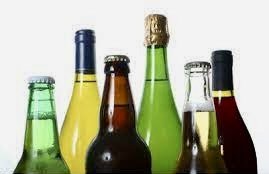 Bottles are an excellent storage system. Glass bottles are particularly suitable as they are non-reactive, which means you can store your wine and beer in glass bottles for long periods without worrying about degradation and taint. Just remember if there is any colour in your product, for example, red wine or beer, then use a tinted bottle which will protect against UV light and preserve the colour of your product.
Bottles are an excellent storage system. Glass bottles are particularly suitable as they are non-reactive, which means you can store your wine and beer in glass bottles for long periods without worrying about degradation and taint. Just remember if there is any colour in your product, for example, red wine or beer, then use a tinted bottle which will protect against UV light and preserve the colour of your product.
When it comes to practicalities of use, bottles do take more cleaning than barrels and boxes and take longer to fill, however, there are options to assist in this process and speed things up, like the little bottler and S30 bottler wand.
Once the bottles have been filled, beer and sparkling wines need priming by doing a secondary fermentation. (see What is secondary fermentation?). Filling bottles can be awkward and time consuming compared to priming a barrel. However, you can use carbonation drops to simplify and speed up the process.
Bottles & Bottling
Bottles are very suitable for personal use and require no further attention once bottling or secondary fermentation is complete. Just treat like any other bottled beer or wine. However, if you want to take some to a social occasion, bottles are not as easy to transport as barrels or boxes. Also, bottles in a party environment, have a habit of ending up in the bin. Be it inadvertently after use, or through breakage.
Barrels 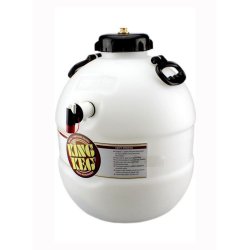
Barrels are mostly plastic and can over time degrade, however, this is generally over years or decades. They are very quick and convenient to use, and once syphoning is underway, it can mostly be left to carry on without any further input from the brewer. (I generally start cleaning my kit and stay close by in case the syphon slips or someone needs to move the bucket or barrel, or there are some inquiring minds….. :) )
Barrels are designed to take the pressure and are, therefore, ideal for beers and lagers. When using barrels for beers & lagers, you will need to top up the pressure through a valve in the cap. You can use either S30 cylinders or 8g CO2 bulbs. (see What CO2 system should I use?) Because of maintaining pressure in the barrel, it is not possible for air to get in, which means your beer or lager will not oxidise.
Barrels are not suitable to store wine or spirits as wine and spirits do not require to be kept pressurised. Any unpressurised vessel will have to allow air in for the contents to come out. If any air is permitted to enter the container, it will result in the wine or spirits oxidising.
Barrels are perfect for parties, as they are easy to transport, and need little maintenance once set up. Occasional re-pressurising will be required.
Barrels
For home use, barrels are large and cumbersome, and if you want a nice cold beer or lager, barrels do not fit in many fridges.
They also have a habit of slowly depressurising between uses. Slowly depressurising is not a significant issue at parties when the beer is flowing but can be a nuisance at home especially if you use bulbs.
If a barrel is old or in poor condition, it can taint your beer or lager.
Wine boxes 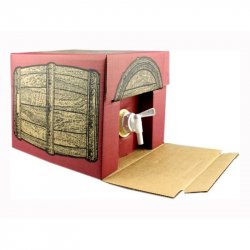
Wine boxes are a simple vessel made of flexible plastic, with a tap, and a box to store it in. It is designed for use with wines mainly but can be also be used for spirits.
The box protects the contents from UV, as well as the bag from minor damage.
The main difference between a wine box and a barrel, is that a wine box does not take pressure, and the design principle is that the plastic “bag” collapses in on itself as the wine or spirit is dispensed, meaning no air will be drawn back in to the container to fill any vacuum created. Therefore preventing oxidisation. Other than that the pro’s and cons are the same as a barrel.
I hope this helps in your choice. If you want further advice, please check out our other articles on the hints and tips pages,

